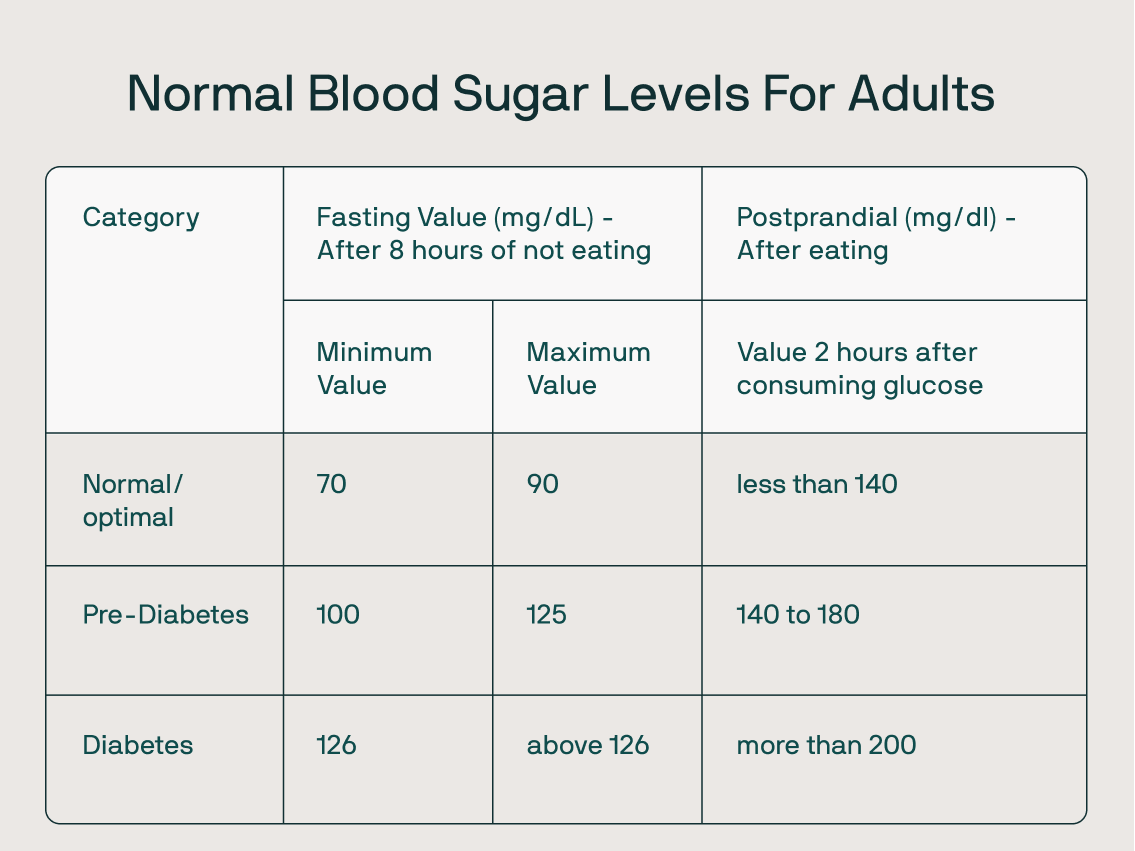Blood sugar levels and sleep are two essential components of health that have a significant impact on one another. Although it may appear that the two are unrelated, studies show that blood sugar management can be severely impacted by inadequate sleep, and that sleep can be disrupted by unstable blood sugar levels. In order to manage diseases like diabetes and enhance general wellbeing, it is imperative to comprehend this association.
The Science Behind Blood Sugar Regulation
As the body’s main energy source, blood sugar, or glucose, is controlled by hormones, especially insulin, which aids in the transport of glucose into cells for storage or energy. While proper blood sugar regulation guarantees that your body operates at its best, imbalances can result in fatigue, irritability, and serious health conditions like diabetes.
Sleep is also a crucial period for the body to recover, repair, and reset. During sleep, a number of physiological processes, including hormonal regulation, take place. Sleep disturbances can interfere with these processes, which can cause blood sugar levels to fluctuate.
What’s a Normal Blood Sugar Level?
It’s crucial to remember that a “normal” blood sugar level” depends on a variety of factors before we get into the figures. Speak with a trained healthcare provider to find out more about what your levels indicate for your wellness objectives.
Knowing exactly what blood sugar is is also a good idea. Just a brief reminder:
“Glucose, your body’s main energy source, is produced as it breaks down carbohydrates. Insulin is subsequently released by the pancreas to transport glucose into your cells, where it is transformed into energy. Additionally, glucose can be stored as fat in adipose tissue or as glycogen in your muscles and liver. Along with other hormones, insulin and glucagon aid in controlling blood glucose levels.— Heather Davis, MS, RDN, LDN

How Sleep Affects Blood Sugar Levels
1. Sleep Deprivation and Insulin Resistance
According to studies, getting too little sleep might lower insulin sensitivity, which makes it more difficult for your cells to absorb glucose. This raises the risk of type 2 diabetes and raises blood sugar levels. Although glucose tolerance can be hampered by a single sleepless night, chronic sleep loss has more serious effects.
2. Impact on Hormones
Sleep deprivation affects hormones like cortisol, which increases in response to stress. Elevated cortisol levels can lead to higher blood sugar levels by signaling the liver to release stored glucose. Additionally, lack of sleep disrupts the balance of hunger-regulating hormones, ghrelin and leptin, which may lead to overeating and further blood sugar spikes.
3. REM Sleep and Glucose Metabolism
The metabolism of glucose is significantly impacted by rapid eye movement (REM) sleep. There is evidence linking inadequate glucose regulation to disturbances in REM sleep. Short sleep duration may cause people to lose out on REM sleep, which happens later in the sleep cycle.
How Blood Sugar Levels Affect Sleep
Just as sleep impacts blood sugar, the reverse is also true. Unstable blood sugar levels can cause sleep disturbances in several ways:
1. Hyperglycemia (High Blood Sugar)
Dehydration, increased thirst, and frequent urination are all consequences of elevated blood sugar levels that interfere with sleep. Additionally, restlessness and trouble falling or staying asleep might be caused by elevated blood sugar levels.
2. Hypoglycemia (Low Blood Sugar)
Sweating, shaking, and a racing heart are some of the symptoms of low blood sugar that might wake you up in the middle of the night. Individuals with diabetes who take insulin or certain medicines are more likely to experience hypoglycemia at night.
3. The Role of Diet
Blood sugar levels can increase and then quickly decline after eating meals heavy in sugar or carbohydrates right before bed. This variation could cause you to wake up in the middle of the night or have poor quality sleep.
Tips for Balancing Sleep and Blood Sugar Levels
1. Prioritize Sleep Hygiene
- Always go to bed and wake up at the same time each day to maintain a regular sleep routine.
- Establish a calming sleep ritual to let your body know it’s time to unwind.
- To encourage sound sleep, keep your bedroom cold, dark, and peaceful.
2. Maintain a Balanced Diet
- Steer clear of high-glycemic foods right before bed because they can alter blood sugar levels.
- To keep blood sugar levels stable, include fiber, protein, and healthy fats in your meals.
- Limit your intake of alcohol and caffeine, especially in the evening.
3. Monitor Blood Sugar Levels
- Check your blood sugar levels frequently if you have diabetes so you can see trends and make necessary corrections.
- To properly manage nutrition and medicine, collaborate with a healthcare professional.
4. Incorporate Physical Activity
- Frequent exercise helps control blood sugar levels and enhance insulin sensitivity.
- Most days of the week, try to get in at least 30 minutes of moderate exercise; however, stay away from strenuous exercise right before bed.
5. Manage Stress
- Engage in stress-reduction practices like yoga, meditation, or deep breathing.
- Excessive stress can interfere with sleep and have a detrimental effect on blood sugar control.
The Role of Medical Intervention
It is essential to speak with a healthcare provider if you have blood sugar abnormalities or persistent sleep problems. Sleep apnea, which is closely associated with insulin resistance and type 2 diabetes, is one of the underlying problems that can be found by sleep investigations. Dietitians and endocrinologists can offer tailored guidance on how to properly control blood sugar levels.
Conclusion
The connection between blood sugar and sleep emphasizes how important it is to address health holistically. Unstable blood sugar levels can interfere with peaceful sleep, while poor sleep can interfere with blood sugar regulation. You can promote the health of your blood sugar and sleep by controlling stress, eating a balanced diet, and prioritizing excellent sleep hygiene. Getting professional advice can have a big impact for people with diabetes or chronic sleep problems.
Managing symptoms is only one aspect of achieving balance between blood sugar regulation and sleep; another is improving your general quality of life. To enjoy the long-term health benefits, begin making minor, regular changes today.


